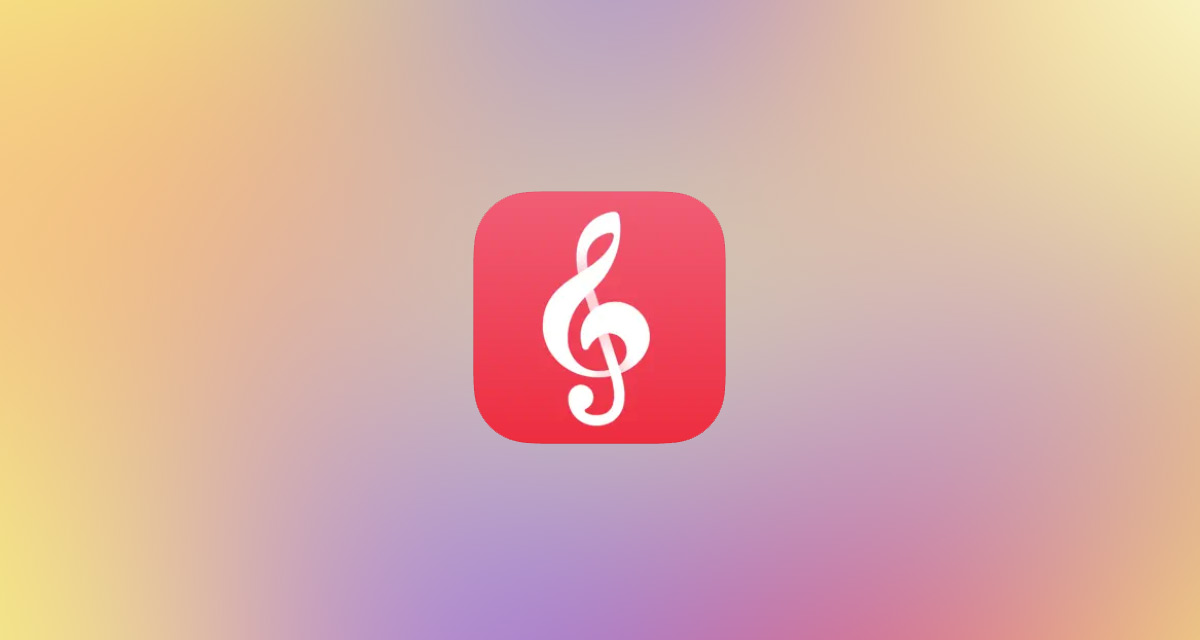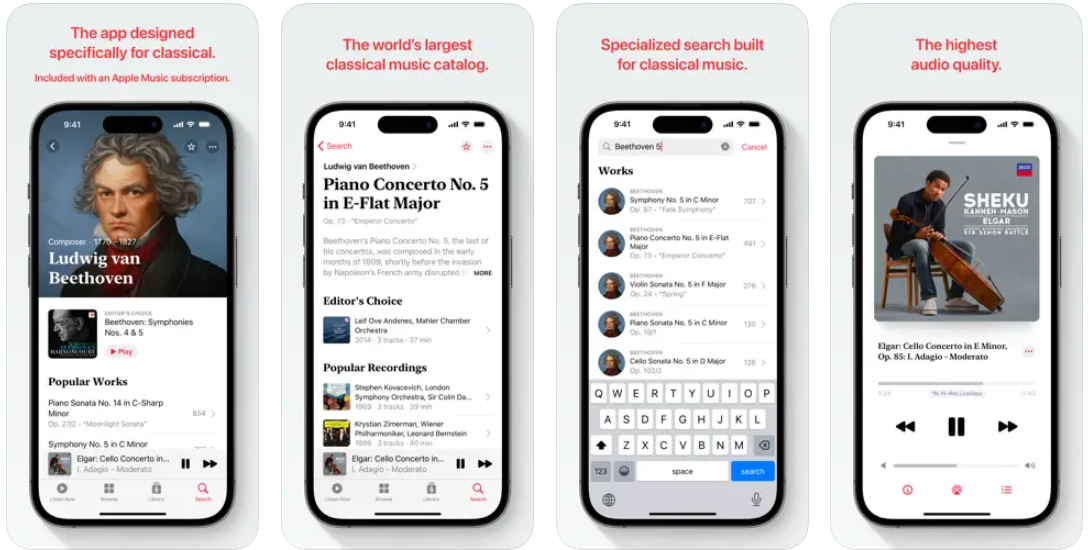Apple has today confirmed that it is finally launching Apple Music Classical, an additional app that will tie into the Apple Music subscription and give people access to classical music on their iPhone.
Interestingly, there doesn’t appear to be any iPad, Apple Watch, or Mac support for Apple Music Classical yet.

Instead, the app is only going to be available on the iPhone starting March 28 although Apple does say that there is going to be an Android app available “soon,” according to a TechCrunch report.
On the plus side, classical music fans won’t have to pay anything extra to be able to listen. Instead, the existing Apple Music subscription will be all that’s needed — Individual ($10.99/mo), Student ($5.99/mo), and Family ($16.99/mo) plans are available while Apple Music is also part of the Apple One subscription bundle as well.
Music will be available in the lossless format, while searching will also seemingly be a big component of Apple Music Classical, according to TechCrunch.

Apple Music Classical will present a simple interface for engaging with classical works. Users will be able to search by composer, work, conductor, or even catalog number, to locate recordings. These can be streamed in high-quality audio of up to 192 kHz/24-bit Hi-Res Lossless. And thousands of recordings will be available in Apple’s immersive spatial audio, as well.
Apple Music Classical has been appearing in the code for various betas in recent months and it has always been expected since Apple bought streamer Primephonic back in 2021. Now, it looks like we finally know when the buyout will turn into something we can all use.
You may also like to check out:
- Download: iOS 16.3.1 Final OTA File, IPSW Links Out Now
- How To Fix Bad iOS 16 Battery Life Drain [Guide]
- Jailbreak iOS 16.3.1 On iPhone And iPad Latest Status Update
- iOS 16 Compatible And Supported iPhone, iPad, iPod touch Devices
- iOS 16 Hidden Features: 100+ Changes Apple Didn’t Tell Us About
- Download: iPadOS 16.3 Final OTA File, IPSW Links Released
- Install macOS Ventura On Unsupported Macs Using OpenCore, Here’s How
You can follow us on Twitter, or Instagram, and even like our Facebook page to keep yourself updated on all the latest from Microsoft, Google, Apple, and the Web.

